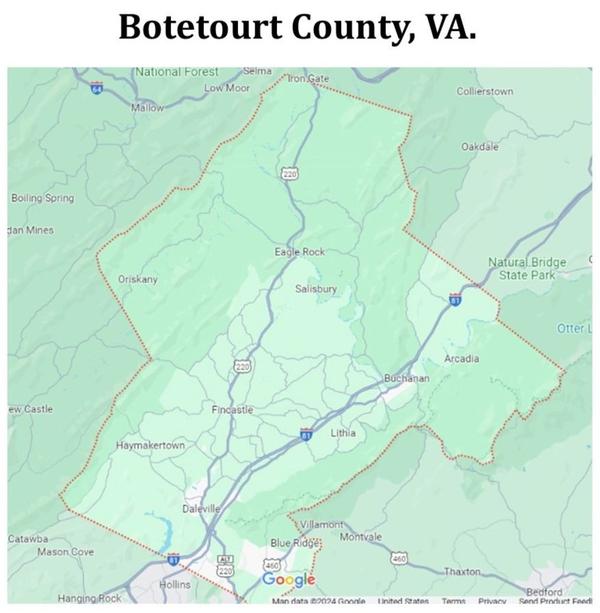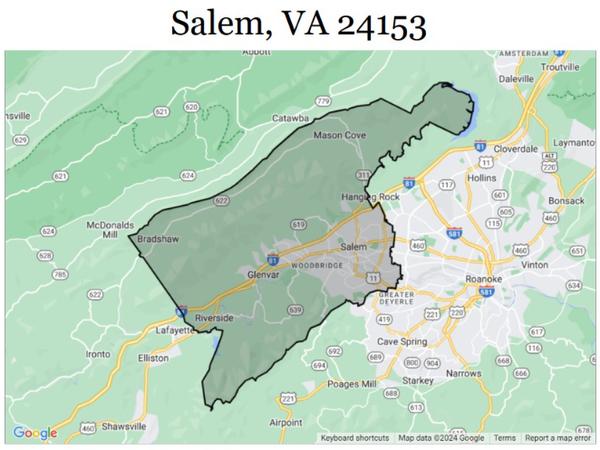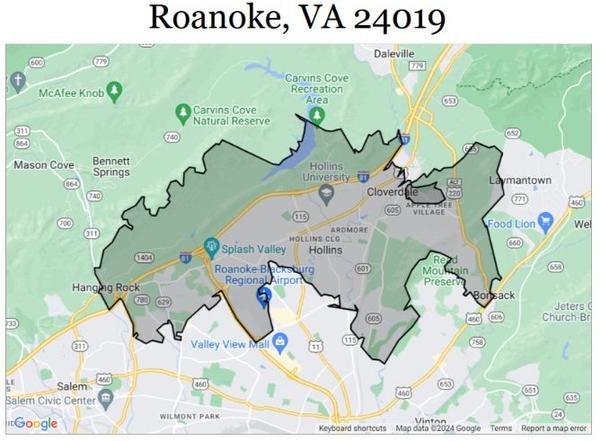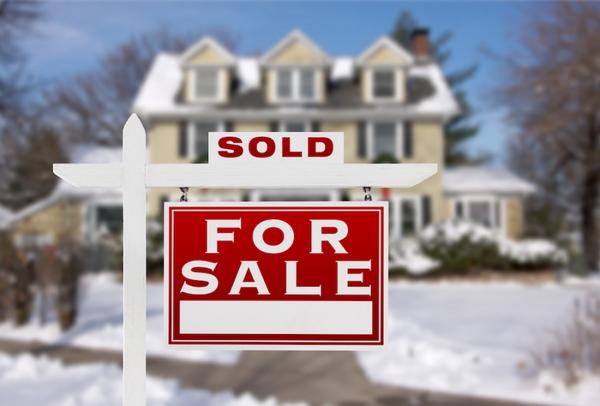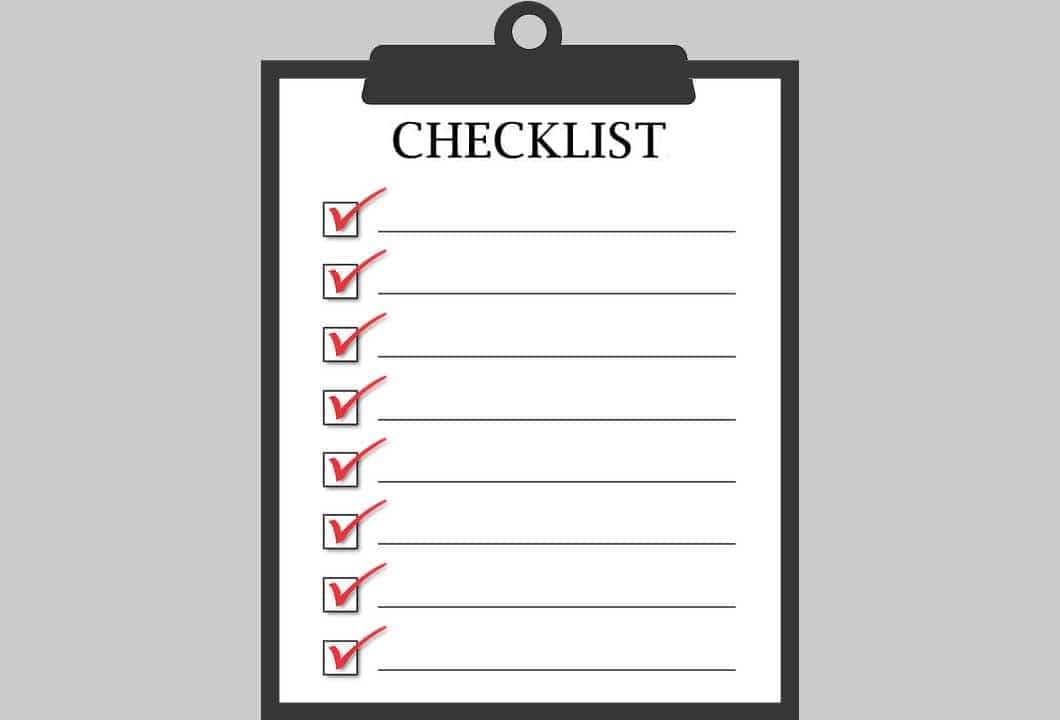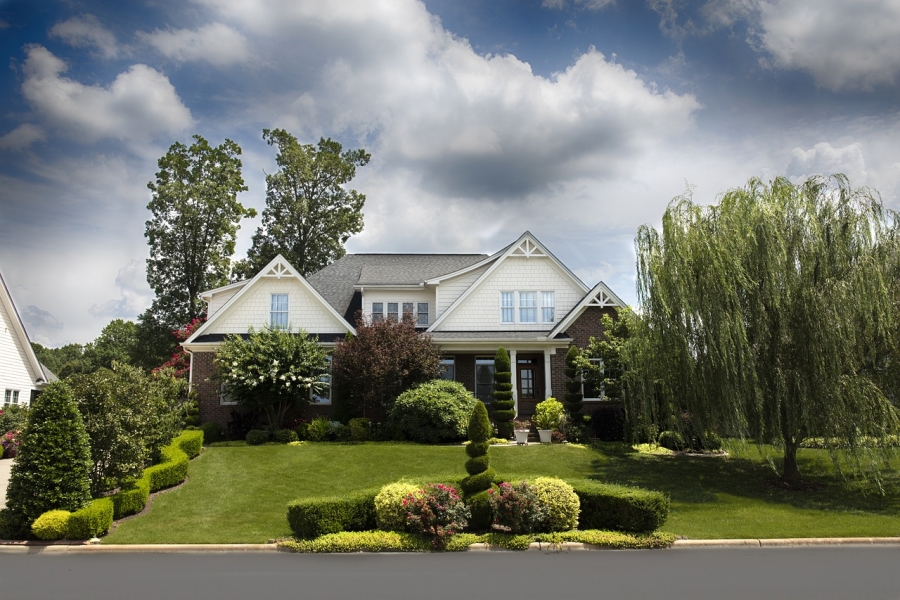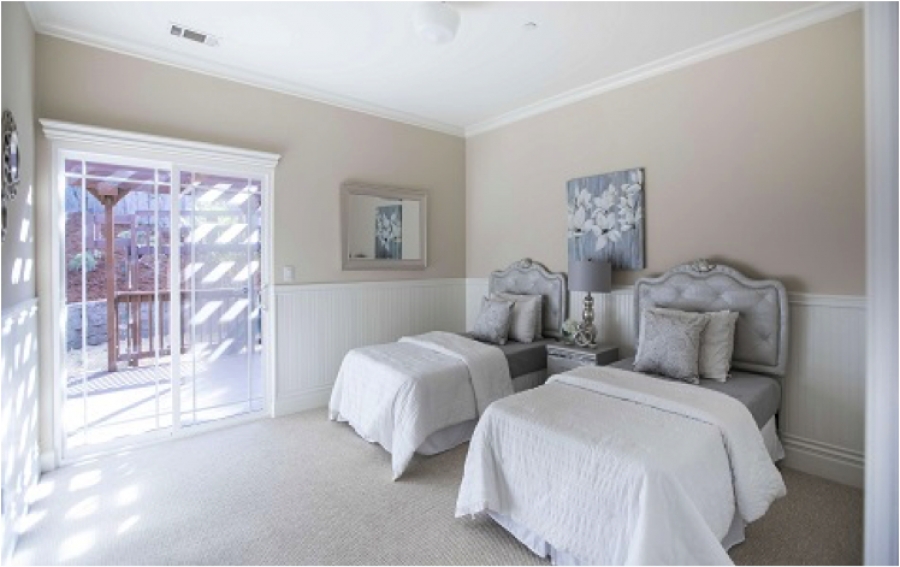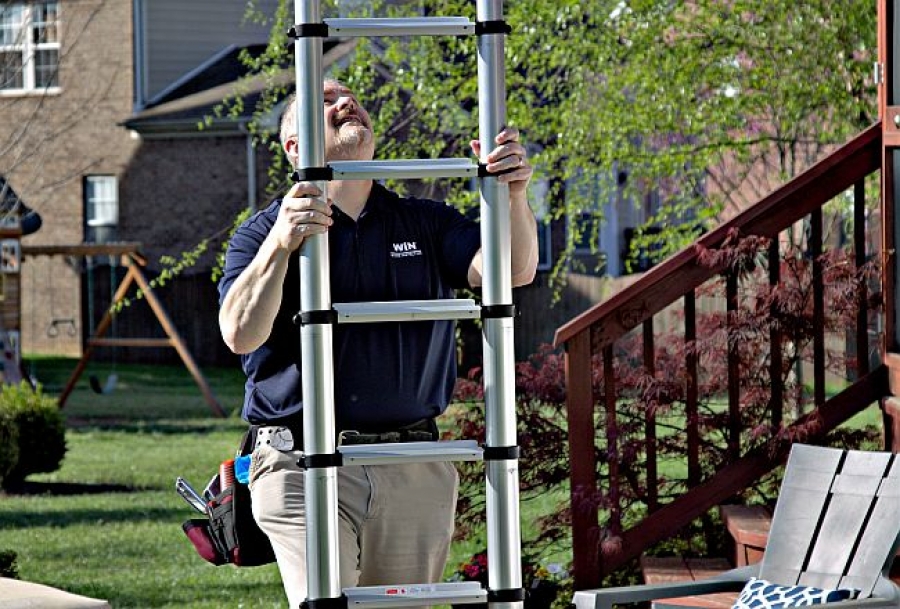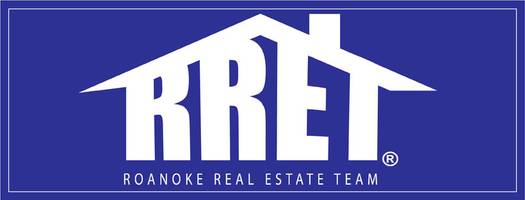Earnest money? Down Payment? What's the Difference?
Earnest money? Down Payment? What's the Difference?
There are two terms you will hear if you’re in the market to buy a house—earnest money deposit and down payment. The two are not interchangeable, but they’re regularly confused. So let’s talk about what they are, what they aren’t, and how they compare.
Understanding both earnest money and a down payment is critical to buying a home. Too often, buyers will think only about the down payment they have to make upfront, but they don’t consider other costs.
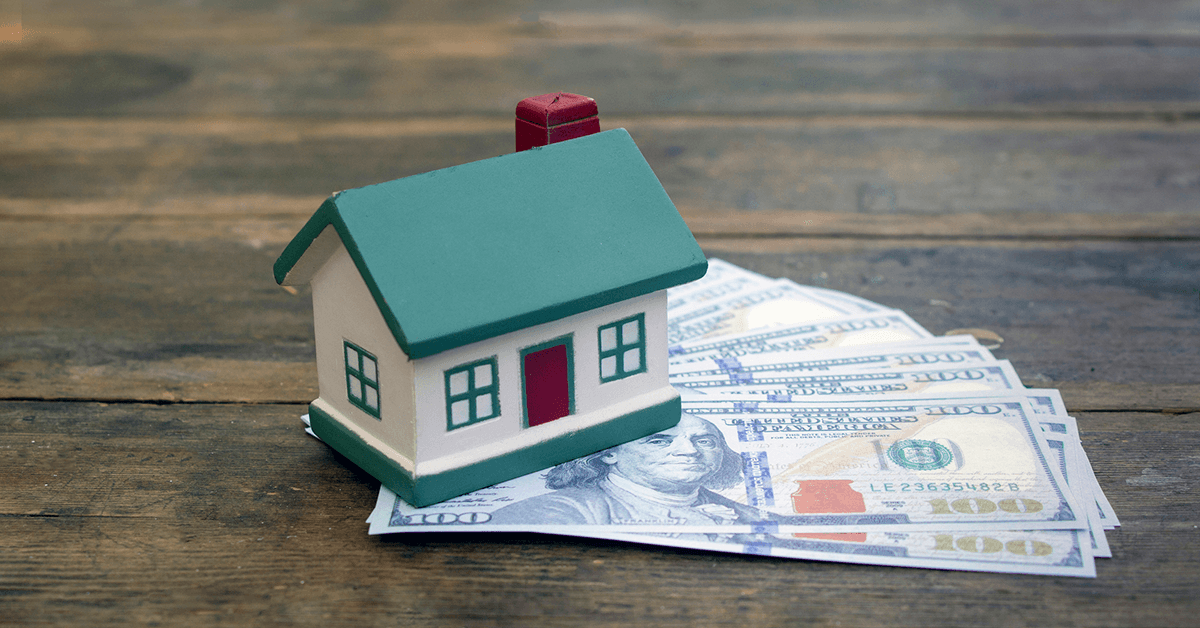
What is Earnest Money?
The objective of earnest money is to show a seller that you’re entering this transaction in good faith. Earnest money you might also hear referred to as an escrow deposit. Earnest money or an escrow deposit is an amount of money that you, if you’re a buyer, put into an escrow account only after a seller accepts your offer. Another way to look at earnest money is as if it’s a security deposit. An earnest money deposit is not a good-faith deposit. Under some circumstances, your earnest money might be refundable. What your earnest money does is allow you a specific amount of time to get your mortgage financing in order and go through any other steps in the buying process, like inspections and appraisals. Earnest money is usually calculated as either a fixed amount or a percentage. Which one you’d pay depends mainly on the market where you’re buying.
If you’re in a competitive market, earnest money deposits are a good way to set your offer apart. If you can put forth a bigger earnest money deposit, you’re signaling that you might be a safer buyer. If you can put that money up early on, the seller might feel you’re more financially stable, so they can worry less about something causing the sale to fall apart at the last minute.
If you make it to loan closing, then your earnest money deposit goes toward your down payment. If you don’t make it to closing, you may lose your earnest money. To guarantee you get it back, you should have contingencies in place to protect the deposit, like a home inspection or appraisal contingency.
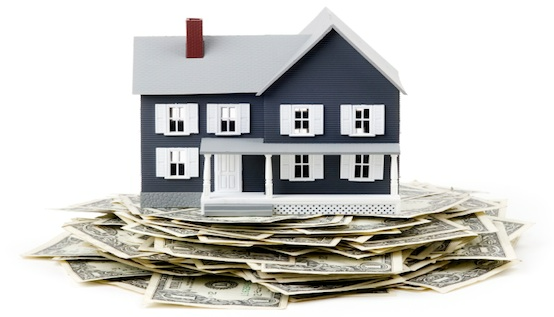
What’s a Down Payment?
A down payment is something that, as a buyer, you can put toward the purchase of a home. The seller receives it, and then the rest of the home's purchase price comes from your mortgage. Lenders require down payment minimums. The minimum required amount is typically determined by the type of loan you are getting. In some cases, it could be zero down. The larger the down payment you can make the lower your mortgage payment will be. It could also affect the mortgage rate you receive. If your down payment is less than 20%, your lender will probably require you to buy private mortgage insurance or PMI. PMI is a way for your lender to protect itself if you default on your loan.
Key Takeaways
Both earnest money and a down payment are essential parts of buying a house. Earnest money can sometimes be returned if the transaction doesn’t go through if you have contingencies. In some cases, a seller will get to keep your earnest money if you don’t go through with the purchase. A buyer and seller can usually negotiate on earnest money, and it can be anywhere from 1% to 2% of the purchase price, up to 10% in very hot markets. A lender requires a down payment as part of your mortgage, and you don’t negotiate it with your seller.

Categories
Recent Posts
